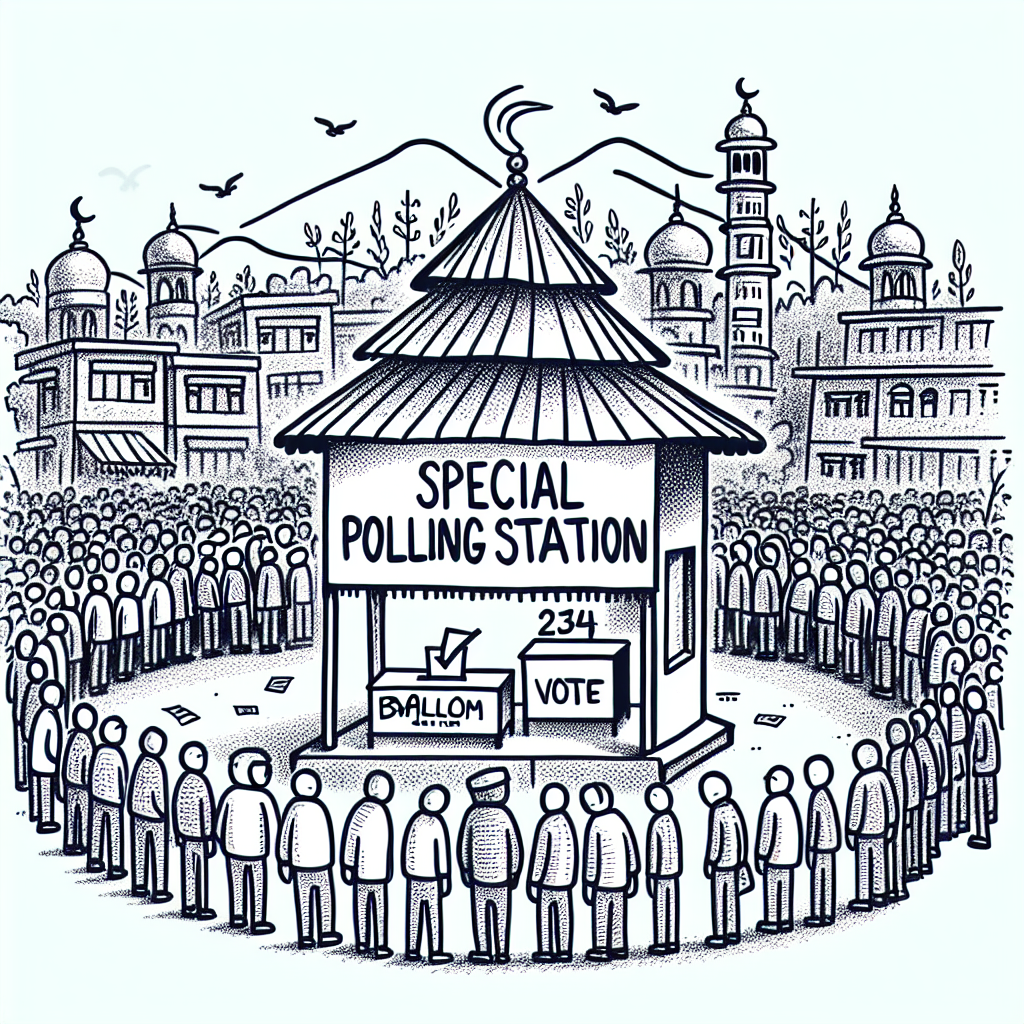Japan's Election: Power Shift Looms Over Political Landscape
Japan's upcoming election may end the decade-long rule of the Liberal Democratic Party, potentially leading to power-sharing deals and impacting the country's leadership. With geopolitical tensions and economic challenges, the election holds significant importance, determining the balance of power and future policy directions.

In a critical political moment, Japan faces a potential shift in its longstanding leadership framework as voters head to the polls on Sunday. This election could disrupt the decade-long dominance of the Liberal Democratic Party (LDP), leading to power-sharing arrangements that might reshape Japan's leadership dynamics.
With the geopolitical stage already fraught with tension, particularly with China, and inflation placing pressure on Japanese households, the outcome will reverberate far beyond Japanese borders. Prime Minister Shigeru Ishiba's LDP has governed alongside Komeito, yet dissatisfaction over political scandals and economic issues challenge its grip on power.
The opposition Constitutional Democratic Party may capitalize on these vulnerabilities, potentially securing a significant number of seats against the ruling coalition. Political analysts suggest that even if the LDP remains the largest party, its reliance on coalition partnerships might dilute its influence on future policies.
(With inputs from agencies.)
ALSO READ
Romania's Political Turmoil: PSD Withdraws from Coalition Talks
Romania's Political Turmoil: PSD Withdraws from Coalition Talks
Sudesh Mahto Criticizes JMM-Led Coalition Over Unfulfilled Promises
No Room for Labour: Coalition Prospects Narrow in Ireland
Iceland's New Coalition: A Political Shift in Government










